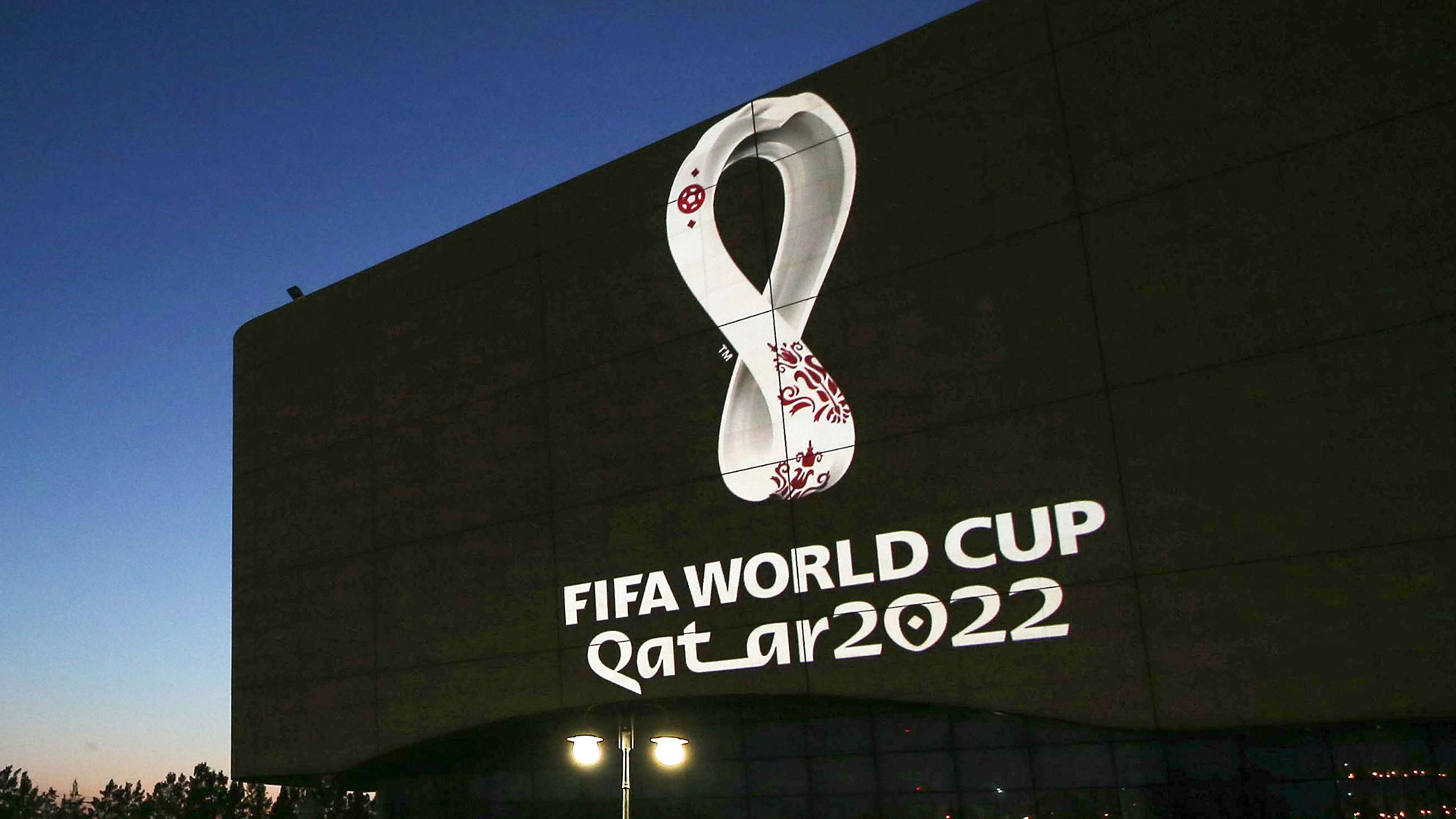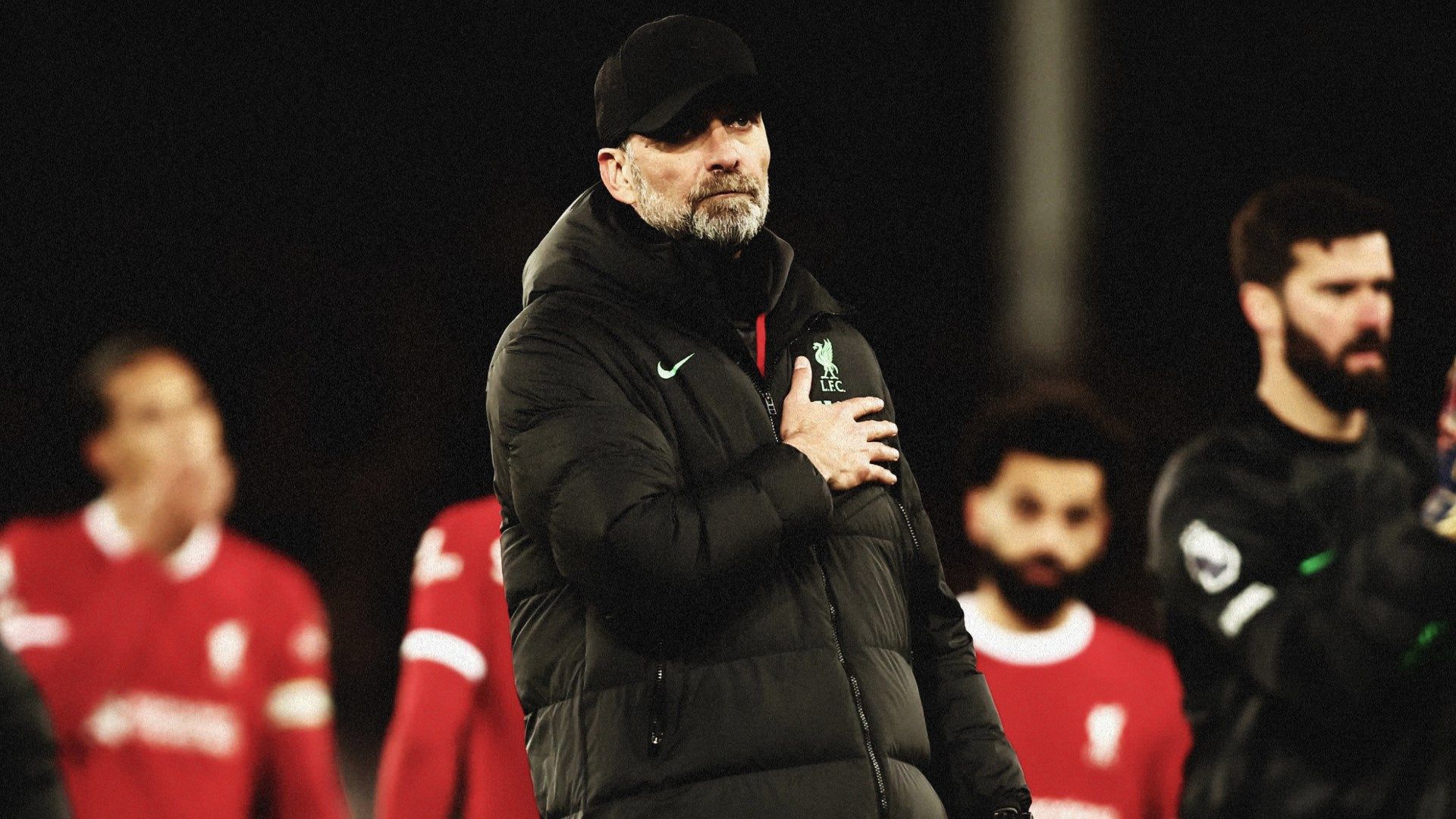The World Cup tournament is one of the most exciting moments in football, as the globe's mightiest and powerful battle it out to be crowned champions of the planet.
With that in mind, the notion of a World Cup happening more frequently than every four years sounds enticing at first – but could too much of a good thing be a problem?
GOAL has what you need to know about FIFA's plans to introduce a World Cup every two years and more.
What is a biennial World Cup?
A biennial World Cup would be a tournament that takes place every two years.
Will there be a World Cup every two years?
Infantino has suggested the possibility of changing the format of the World Cup so that it takes place once every two years, instead of the usual four years.
Infantino's comments have led to criticism from various figures within the football world, as well as fans, as the issue of player fatigue – which is already a constant problem – would only worsen.
"In Europe there is resistance because there is a World Cup every week with the leagues and the best players in the world, but that isn't the case for the rest of the world: It's a month a year, and we need to find a way to truly include the whole world in football," said Infantino.
The FIFA president also stated that results of a study involving participating show that they would be in favour of a biennial World Cup.
Infantino also insisted that this proposal was not his, but FIFA's: "[It] is not my idea but FIFA's -- and a feasibility study has been requested by 166 nations," he said.
"The presumptions are clear: 88 per cent of countries, including the majority of those in Europe, have asked for the study and the study tells us that from a sporting point of view, a World Cup every two years would work. There would be fewer international matches but with a greater impact."
He went on to state that at a a "global summit" of leaders of national football federations earlier this month, he is of the notion that there will be enough votes to push for a more frequent World Cup.
There has been opposition from European clubs, the top leagues and European governing body UEFA, whose president, Aleksander Ceferin, has threatened to boycott any additional tournament.
Why does FIFA want the World Cup to take place every two years instead of four?
FIFA would see a massive financial benefit to hosting a more frequent World Cup, with Infantino stating that the switch would inject an extra £3.3 billion ($4.4b) in revenues for the world body, making for an increase of about 60%.
The likes of UEFA and top European clubs are opposing the proposal as it would force a drastic shake-up of the current match calendar, as a more frequent World Cup would obviously mean more international games (qualifiers and tournaments), therefore putting the domestic match schedule at risk.
The fixture schedule is already congested as it is, and disruptions due to Covid-19 suspensions have only made things worse.
Additionally, more fixtures would put a bigger strain on athletes, with some having to already play multiple times a week in both domestic, Cup and European competitions – not to mention having to participate in qualifying games for the upcoming World Cup in Qatar.
What have UEFA said?
The proposal for holding the World Cup every two years instead of four has been met with opposition and criticism. UEFA president Aleksander Ceferin has threatened to boycott the tournament, while Premier League clubs have voted unanimously against the idea.
"The Premier League is committed to preventing any radical changes to the post-2024 FIFA international match calendar that would adversely affect player welfare and threaten the competitiveness, calendar, structures and traditions of domestic football," Premier League chief executive Richard Masters said.
"We are open to reforms and new ideas, but they must enhance the complementary balance between domestic and international football in order to improve the game at all levels.
"This process should also involve meaningful agreements with the leagues that provide the foundations for the game.
"We will continue to work with supporter groups, players, domestic and international stakeholders to find solutions that are in the best interests of football's long-term future."
Further reading
- Biennial World Cup could help to stop African migrants dying in the sea, claims FIFA president Infantino
- Is Wenger's plan for biennial World Cups 'a stupid idea' or 'the right solution' for football's congested calendar?
- World Cup 2022: Which teams have qualified for Qatar finals?
- Will Salah & Mane be at World Cup 2022? How Liverpool stars can qualify for Qatar


.jpg?auto=webp&format=pjpg&width=640&quality=60)

